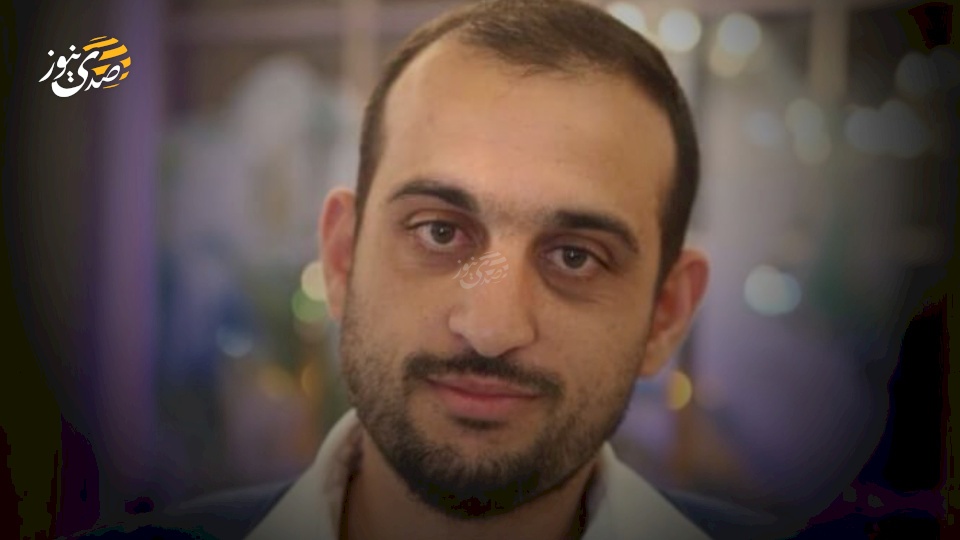
A Culture Wounded by Injuries: Youth Growing Up on Calls for Revenge
I arrived in Kafr Qasim to participate in the funeral of one of the youth who fell victim to a shooting crime. The heat enveloped the place just as July does with its heavy dominance. I approached the square where dozens of young men had gathered: friends of the victim, relatives, and acquaintances from the town and beyond. The scene was shrouded in black, with similar clothing that seemed almost like a uniform, while nearby the vehicles stood out, particularly "Skoda" cars that dominated the scene alongside luxury vehicles like "BMW" and "Mercedes".
Some young men stood in a circular formation, others sat on chairs, while some isolated themselves in corners of the place, staring at the ground, lost in silence weighed down by thoughts. On their faces, deep sorrow mixed with smoldering anger, but the anger remained bottled up until the moment the corpse arrived.
When the hearse arrived carrying the body of the young man, the scene burst forth like a storm: takbirs and chants of praise rose, and sobs echoed loudly, while others only shed silent tears or let a tear slip away forcefully, hesitant to show their tears for fear it would be seen as weakness. Within moments, the funeral transformed into an epic of grief and vengeance, with calls for revenge and threats of retribution. Over the graves, after interring the body and reciting prayers and the Fatihah, the sheikh publicly declared that no mourning house would be opened, indirectly signaling that retaliation for the crime would undoubtedly come.
At every funeral like this, I find myself looking into the eyes of the surrounding youth, reading in them questions hanging without answers, and a pain hiding behind glittering appearances. They wear the latest brands, drive luxurious cars, speak with confident dialects, yet deep inside lies a deadly void, as if they are attempting to escape their reality through displays of strength. Their faces, despite their young ages, are weary and exhausted, burdened by a heavy inheritance of blood, breathing in air saturated with the scent of gunpowder, and growing up amid the sounds of gunfire that have become part of daily life.
And I wonder: what future can be built on the ruins of fear? How can a generation grow knowing only that death is a constant neighbor visiting the alley every month, and that revenge is a prayer prioritized over a prayer for success? In the absence of justice and the intentional silence of the authorities, the culture of blood becomes a silent legitimacy, and revenge turns into a language passed down from parents to children like they pass on their names.
But these scenes cannot be understood solely from an individual or emotional perspective; they reflect a deep social crisis. The youth growing up in an environment devoid of security and closed off from opportunities learn that violence is a means of life, not an exception, and that survival only comes through material power, whether it be weapons, cars, or displays of strength. Sociologists describe this as "the pressure of a dead-end reality": when a young person is deprived of education, work, and opportunities, they seek alternatives that grant them status, finding it in the prestige associated with weapons and power. As social institutions — school, family, community frameworks — disintegrate, a vacuum is created, filled by violence and crime.
The most dangerous part is that the daily experience transforms crime into a culture that is passed down. The young person who sees his friend killed, participates in his funeral, and witnesses calls for revenge grows up convinced that this is the true law of life, and that these are the norms by which society operates, and then internalizes them. With the accumulation of trauma, from the cries of mothers to the tears of fathers, wounds are passed from one generation to another, creating a collective memory steeped in violence and blood, what sociology refers to as "wounded culture".
When I leave each funeral, I am confirmed that the crisis is not superficial but threatens the very existence of society. And that what is to come will be harsher if this cycle is not broken and if this loop does not cease. Addressing this reality does not start only with police patrols, which see us in the coffins of the dead as achievements, but from rebuilding trust within the community, restoring social ties, values, creating an alternative role model, and providing youth with real alternatives for belonging and success.
Four years ago, I was at a funeral in Jaffa, and just minutes before leaving, the father of the victim, Nader Abu Shaqra, stood up and spoke from beside his son's grave, with eyes swollen from crying, and a hoarse voice: "I do not want revenge for my son; I only want him to be the last laid to rest with the bullets of crime. The cemeteries are tired of our youth... and we are tired of burying them, and I forgive those who killed him."
His words were harsher than the bullets themselves because they revealed the naked truth: unless we address this issue, the land will continue to swallow its children one after another, endlessly. Abu Shaqra halted the bloodshed and broke the cycle of vengeance, but many do not walk this path, and the blame is not solely on them.

Huckabee's Statements Reveal the Falsehood of Trump's Peace and Reinforce Religious Confli...

Licensed Occupation by Law

Whoever Does Not Plant Hope, Plants Departure...

Between "Here is Jerusalem" and "Here is Gaza" ... The Voice of a Nation and the Steadfast...

While some count the boos, Palestinians count their martyrs.. Paradoxes of the internation...

When the Palestinian Issue is Reduced to Gaza Management

Legally Licensed Occupation

